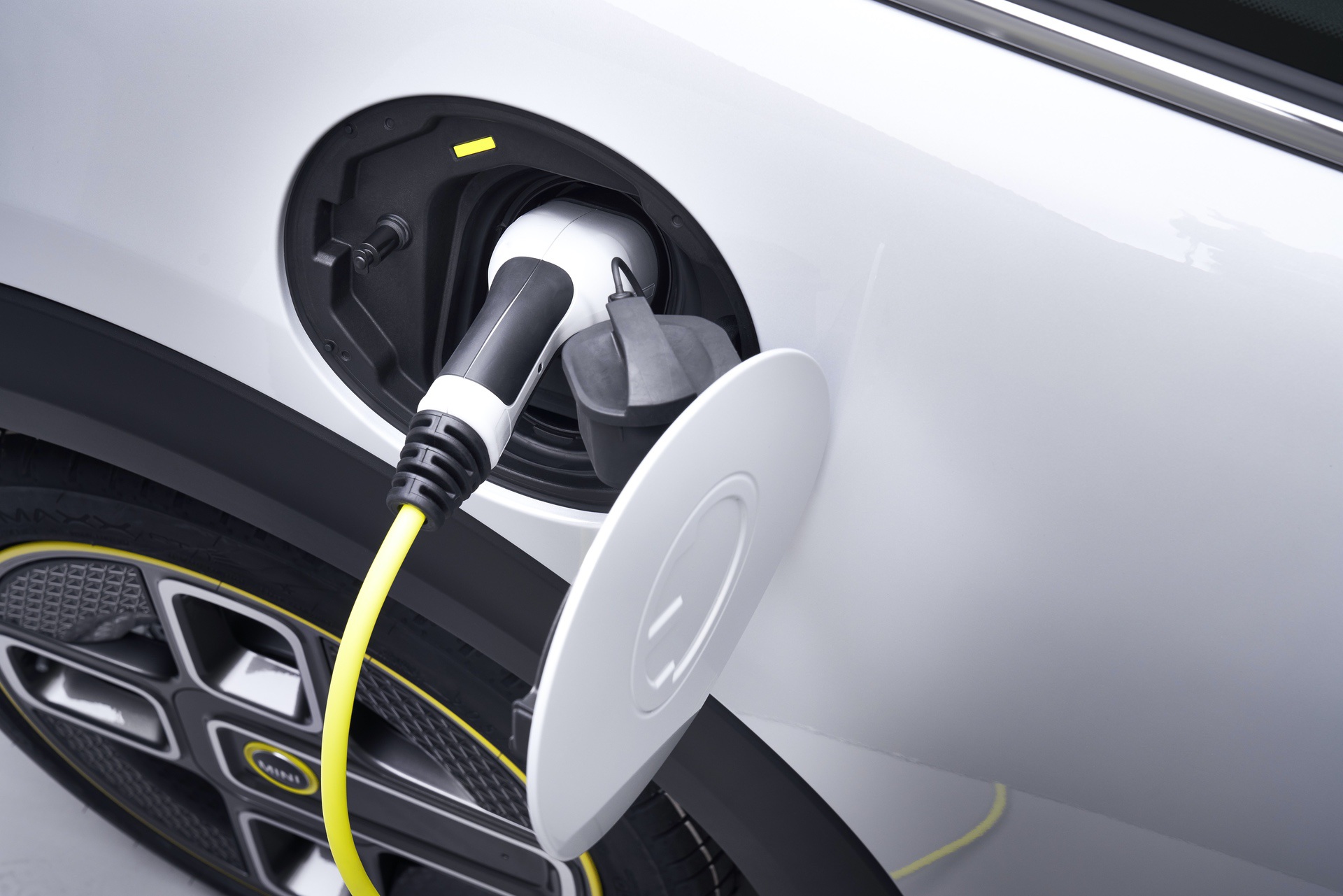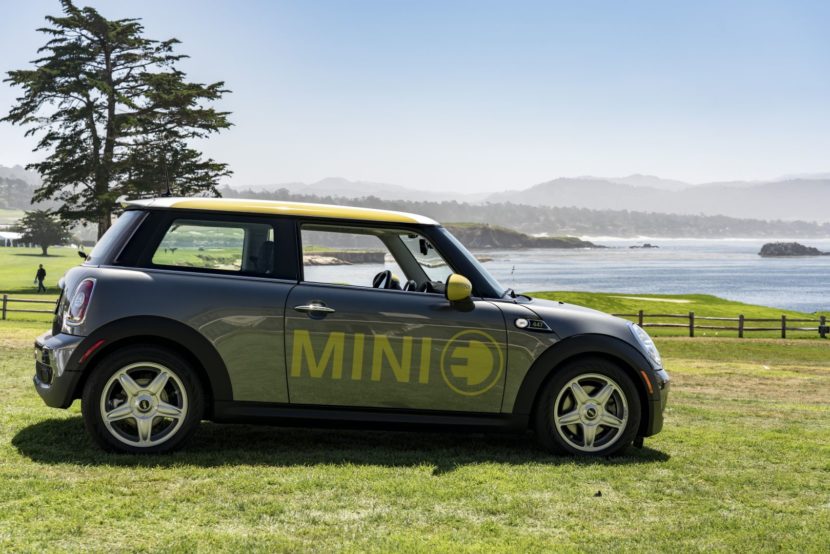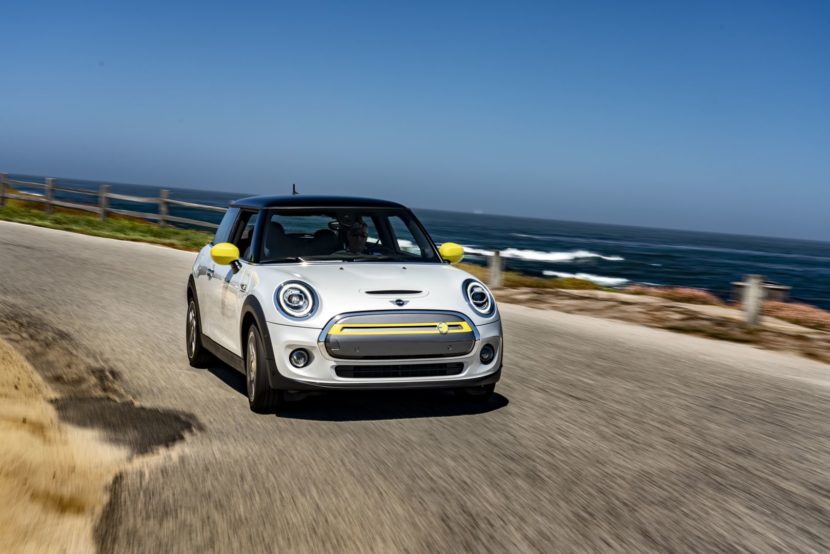It’s hard to argue against the fact that the MINI brand has been extremely successful under BMW’s leadership. Ever since its rebirth in 2000, the MINI brand has grown to become one of the most important premium brands in the world, delivering impressive sales for the BMW Group.
The brand and its cars has gone through some major changes compared to the historical Mini car, and for years, it was the perfect fit for many customers. But times, markets and customer preferences have changed in the last five years, and unfortunately, the MINI brand has failed to quickly adapt.
One of those major changes in the automotive industry was the arrival of electric cars. And MINI was for a little short time at the forefront of change. The MINI E was BMW’s first electric car made available to customers, and while it ran only as a pilot in the US and Europe, it paved the way for the BMW i3.
Therefore, it’s hard to believe that it took MINI another 8 years to come up with another fully-electric model. Many car journalists, including us, have often wondered why MINI fell behind in the electric race, considering the packaging, size and customer base was nearly a perfect fit for electro-mobility.
But that might change in the future. Automobile Magazine reports that by 2023, we should expect three additional MINI electric vehicles. The EVs in question are rumored to be a “super-short-wheelbase MiniMINI, a more compact and prettier replacement for the mainstay three-door version, and a MINI crossover.”
All three are said to be FWD, use a skateboard-style chassis, and offer a choice of 35- or 50-kWh battery packs.
The end goal is for the entire MINI model range to go all-electric, so naturally, new models could be in works past 2023.







































































